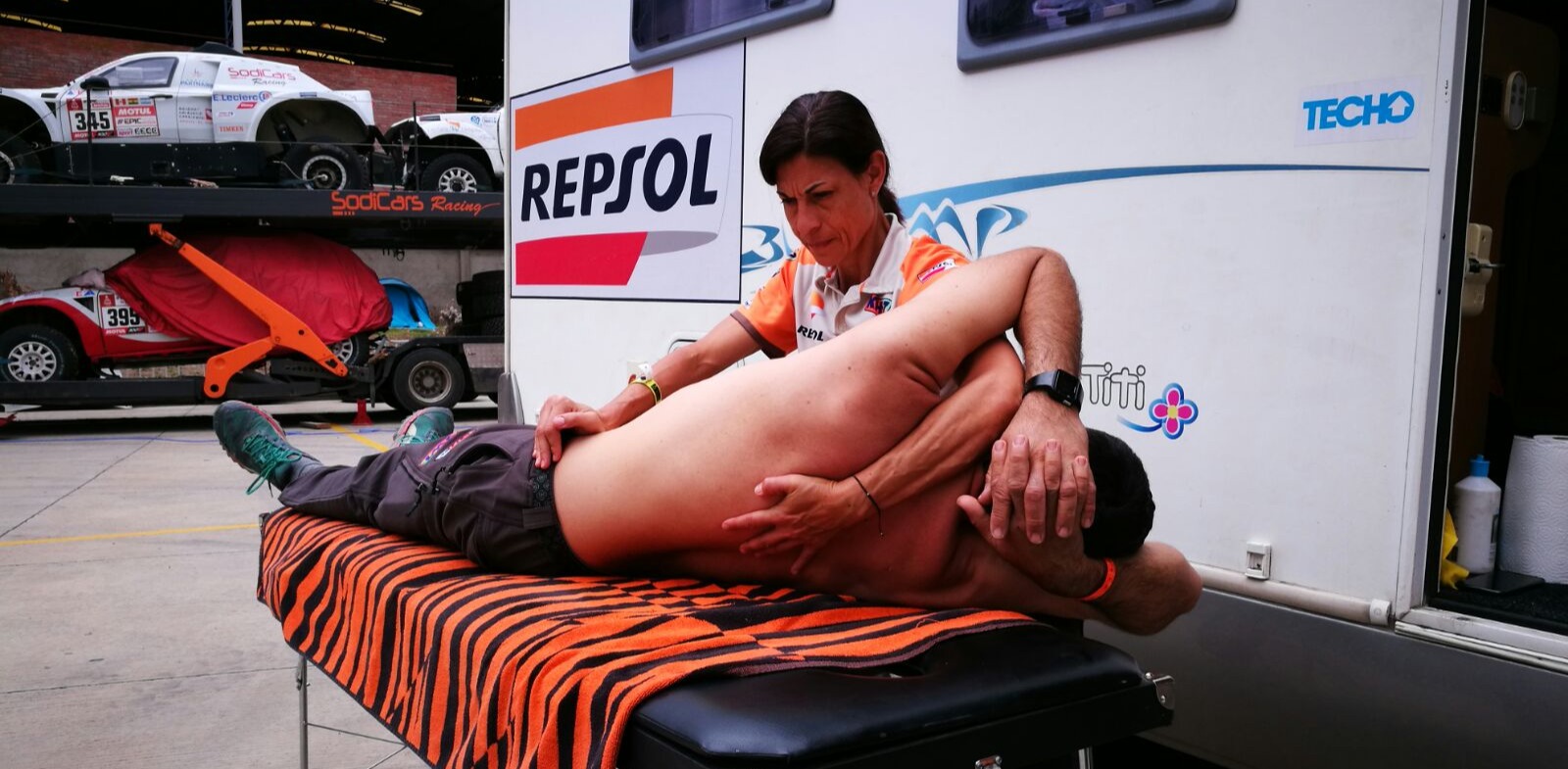Towards a world with less carbon emissions

Repsol has set the goal of reaching net zero emissions by 2050 in line with the objectives established in the Paris Agreement on Climate Change. To keep us moving towards this goal, Repsol has proposed a demanding road map with ambitious emissions reduction targets. At Repsol we see decarbonization as a chance to develop more profitable businesses, a chance to continue growing and become the multi-energy company that society needs to cover all its needs sustainably.
In line with this goal, Repsol launched the carbon-neutral Master range, being its first-ever carbon-neutral lubricants range. It is comprised of 13 high-performance lubricants designed for passenger vehicles including those with both heat and hybrid engines.
The final motivation is given by the interest in obtaining the Product Carbon Footprint certification according to the standard UNE-EN ISO 14067:2019 to identify and mitigate CO2 emissions produced throughout the entire life cycle of the lubricant.
The lubricants from the Master range are carbon-neutral as a result of minimizing emissions during manufacture, maximizing the use of packaging with high content in recycled material, and offsetting the residual emissions from the entire life cycle that could not be avoided. For these, verified nature-based credits have been used, which in addition to removing CO2 from the atmosphere, enhance biodiversity and support the development of local communities.
Repsol Master range lubricants verified by LRQA as carbon-neutral products
We have evaluated the environmental impact of these new lubricants using the life cycle analysis method while also meeting the requirements of standard UNE-EN ISO 14067:2018 to obtain a rigorous, veritable, and comparable Product Carbon Footprint (PCF) estimate. Afterwards, LRQA verified our calculations according to the very same standard.
After analyzing and minimizing the impact of greenhouse gases (GHGs) throughout the product life cycle, any emissions that could not be mitigated are offset for each of the Master range lubricants placed on the market by Repsol. This is what has made it possible to offer different end customers a product with a GHG-neutral life cycle. This offsetting is also verified by LRQA according to ISO standard 14064-3: 2019.
The audit and verification also reaffirm the integrity and credibility of the system as a whole, from acquisition of credits and cancellation to production of certificates for the offset product.
Environmental impact mitigation activities
Repsol Lubricantes y Especialidades S.A. has had an energy and CO2 emissions reduction plan called “Plan 2535” in place since 2019. This consists of reducing the Business Unit's carbon intensity index by 35% by 2025 compared to 2016. In the 2021-2022 period, several minimization actions were undertaken in Lubricants within the scope of this plan, including:
- Remodeling of the compressed air network of the facility, as well as the installation of a new, more efficient compressor.
- Ultrasonic monitoring of compressed air leaks.
- Continuous monitoring of electrical and steam consumption.
- Operational improvements focused on the reduction of steam consumption
- Installation of photovoltaic solar panels
The EURO standard
The Euro standard is a set of standards that ensure the control of pollutant emissions in Europe; they try to regulate the maximum limits of all types of vehicles.
Specifically, there is the CO2 emissions standard in all of them (cars, motorcycles, trucks...), which, in order to reduce global warming and its greenhouse effect, requires the reduction of fuel consumption.
This set of standards affects engine manufacturers, and consequently the lubricants that are necessary for their operation. They are affected due to:
- The reduction of consumption in vehicles forces manufacturers to design more compact engines but of the same performance, making special use of the air supply tubes.
- The development of exhaust gas treatment systems with the aim of eliminating, with the least possible impact, the pollutants produced in the combustion process. Such as for example: particulate filters for diesel and gasoline cars (FAP, DPF, and GPF) and different catalytic converters such as nitrogen oxide catalytic converters (SCR) or Adblue. This requires the use of new additive technologies to avoid contaminating these treatment systems.
The AdBlue solution
Due to the tough restrictions and regulations on the control of carbon emissions, one of the solutions proposed by car manufacturers is AdBlue, an additive that is capable of reducing pollutant emissions from diesel vehicles.
In force since 2014, Adblue is installed in all new diesel engines.
Related contents




